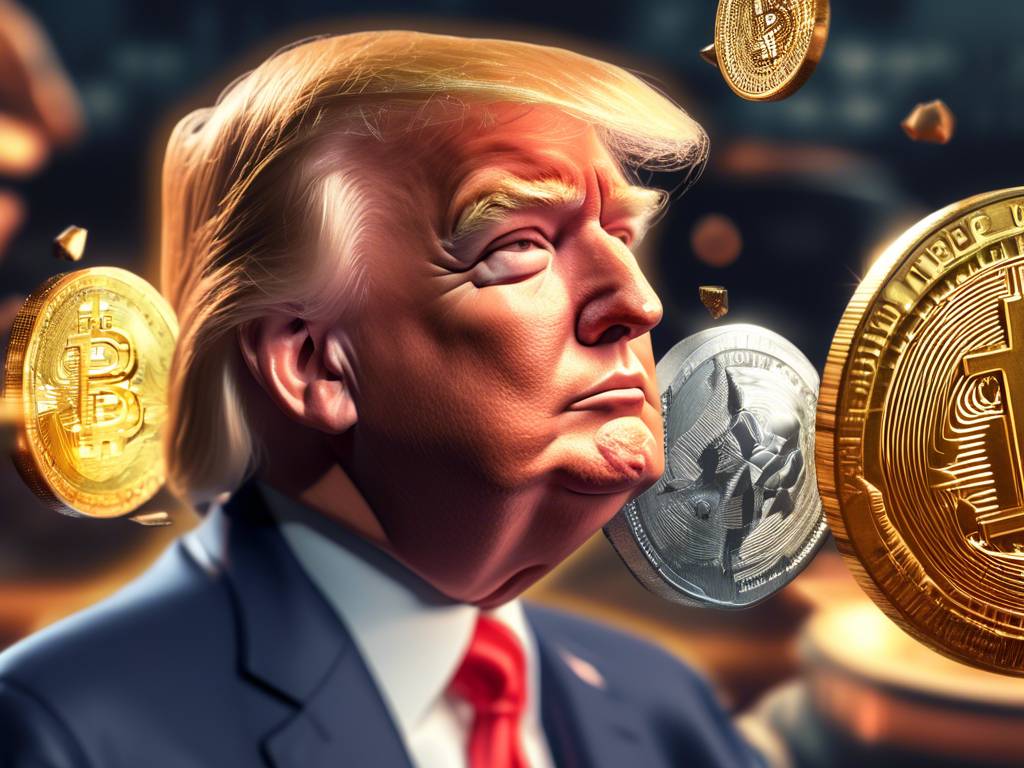Trump Proposes Major Tax Cuts: How Does This Affect Crypto Investors?
In a recent campaign rally, former President Donald Trump announced plans for significant tax cuts, contrasting with President Biden’s proposed capital gains tax increase. This move could have implications for crypto investors, as Trump aims to implement the “biggest tax cut” across all social classes if elected.
Impact on Capital Gains Tax Rates
- Trump’s proposal aims to lower the maximum capital gains tax rate to 15%, a reduction from the current rate of 20%.
- This potential tax cut would benefit various classes, including the middle class, lower class, and business ventures.
Uncertainty for Crypto Investors
- Despite Trump’s previous tax legislation in 2018, there remains ambiguity surrounding how it affects crypto assets like Bitcoin, Ethereum, and ICO tokens.
- Attorneys suggest that capital gains taxes may still be applicable to crypto transactions, potentially impacting investors.
- Some investors view exchanges like Bitcoin for Ethereum as exempt from certain tax laws, leading to further confusion and risk.
Donald Trump’s Evolving Relationship with the Crypto Industry
In recent statements, Donald Trump has shown a more positive attitude towards the crypto sector, claiming to be open to crypto businesses operating in the US. This shift marks a departure from his previous skepticism towards cryptocurrencies and a growing interest in utilizing digital assets.
From Critic to Advocate
- Trump’s views on Bitcoin and other cryptocurrencies have transformed from skepticism to embracing technological developments such as NFTs.
- He even launched his collection of NFTs, showing a willingness to explore new opportunities within the crypto space.
- Trump now openly discusses the utility of cryptocurrencies for payments and campaign contributions.
Hot Take: Trump’s Tax Cuts and the Future of Crypto Investing
With Trump proposing major tax cuts and expressing support for the crypto industry, the landscape for investors may undergo significant changes in the coming years. The intersection of tax policy and digital assets creates a unique opportunity for investors to navigate regulatory complexities and potential tax implications.





 By
By
 By
By

 By
By

 By
By